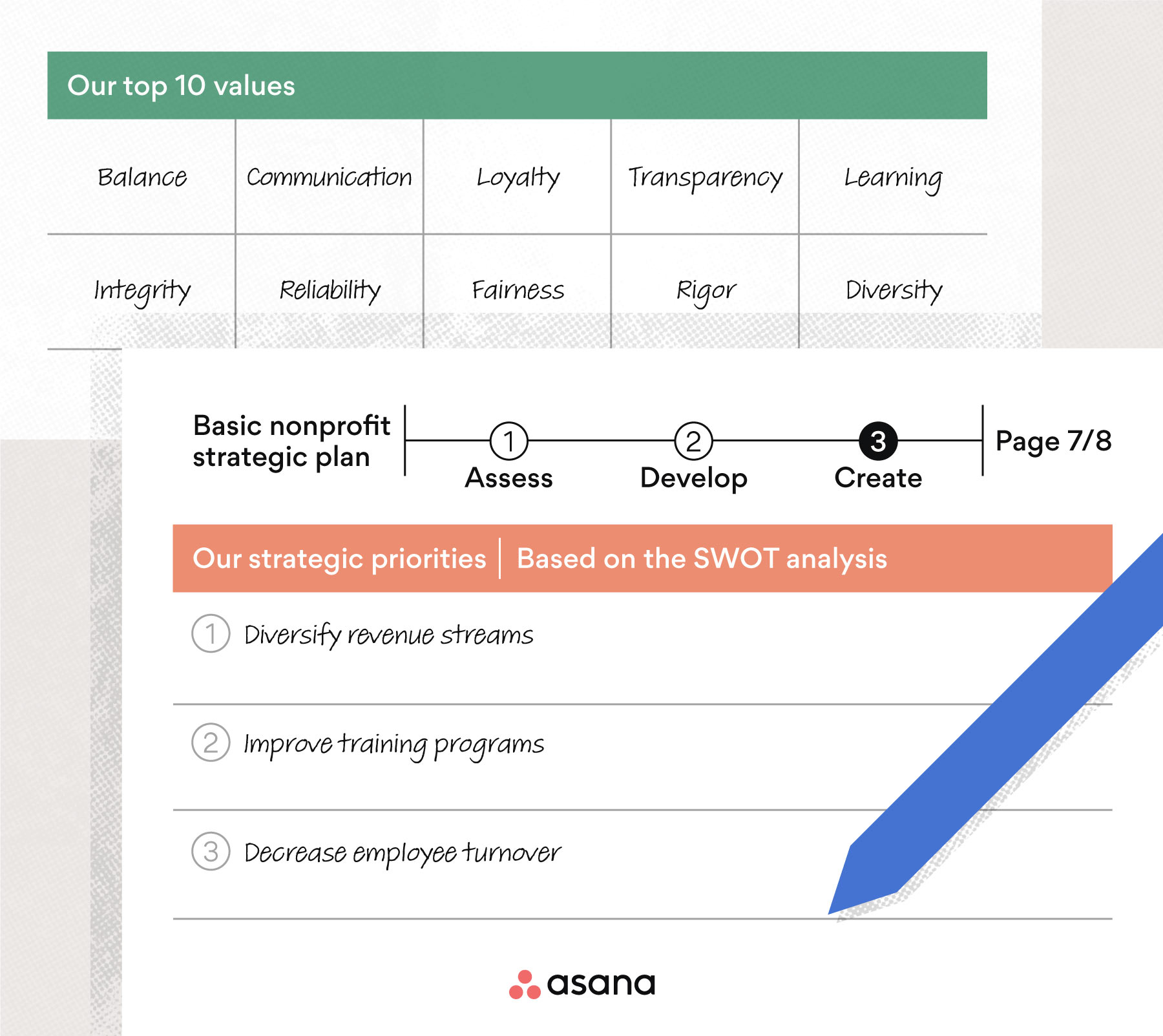
Accounting 101 lessons can be beneficial for people with no prior knowledge. This course can also be used as a refresher for people who already have some accounting knowledge. It will cover topics like net worth, receivables, and double entry accounting. Once you've mastered these concepts, you can apply them to your own business.
Double-entry accounting
Double-entry Accounting is an essential method for recording business transactions. This is a method of adjusting accounts' balances in a specific way to reflect their value, and to maintain a balanced between assets and liabilities. The concept of an asset or liability account is used. The asset represents cash received, and the liability the amount owed.
This method is more accurate and is useful for small businesses who need loans or for companies that want to maintain accurate financial records. The two accounts must keep track on the company's progress. Each business transaction must be documented in one account. Each account must have debits or credits equal to the total asset, liability, and equity.
Accounts receivable
Accounts receivable are the money a business owes customers. It is the process of invoicing customers as well as pursuing and processing payment. A furniture manufacturer might deliver furniture to a retailer and then record the payment under accounts receivable. The furniture manufacturer then waits until the retail store pays him.

Make sure you clearly display your payment terms on your invoices so that your customers can make timely payments. Customers who don't know the due date for payment are less likely to pay. Account receivable reports can also be used to remind customers when their accounts have fallen behind.
Net worth
Net worth is the measurement of a company’s assets and liabilities. Assets are property, cash, inventory, machinery, buildings, loans, and loans made. Liabilities are all of the company’s debt obligations. In order to calculate net worth, both items must be present.
A positive networth is a sign that a company has a sound financial position. Negative net worth is cause for concern. A person can experience a significant drop in their net worth, which can have a major impact on their financial well-being. As an example, let's say a newlywed couple buys a house for $300,000. Then they invest $50,000 to build a portfolio. They also get a $10,000 auto loan. The net worth of the couple is positive while their liabilities remain negative.
Basic accounting concepts
You need to know the basics of accounting, regardless of what kind of business you have. These concepts will help you create a financial statement that is accurate. Recognizing revenues and expenses at the time they occur is one of the first things you should understand. Contrary to cash-based accounting that recognizes money as it is received, accrual accounting tracks transactions as they occur.
These accounting principles make financial statements easier to understand. If you use the same currency for purchases and transactions, it will make your financial statements easier to understand. It is best to report transactions in U.S. Dollars if you have a business that is based in the U.S. In the same way, if you have a Japanese based business, you should convert your transactions from Japanese Yen to U.S.dollars.

The benefits of accounting basics
Understanding accounting basics is a great way of understanding how the business world works. It will help you make better financial decisions and negotiate better deals. Knowing how to read a Financial Statement will help you decide which stocks and investments to purchase or sell.
Doing your homework is the best way to learn about accounting. There are many resources that can help you find homework, such as study guides or textbooks. You need to find ways to make the most out of your studying time. It is a great way to study: Buy textbooks and then read them carefully.
FAQ
What is the secret to modern consulting?
The first consultants were accountants that helped companies manage finances. Because they were skilled in managing financial information, they became "accounting consulting". They soon expanded their roles into other areas like human resources management.
The French word for advice, "consultant", was originally used to describe someone who could advise on the management of an organization. The word consultant is still used by most business owners to refer to any kind professional advisor.
What qualifications do you need to be a consultant?
It doesn't suffice to hold an MBA. You also need to be able and willing to work as a business advisor. A minimum of two years' experience in consulting, training and/or advising a major company is necessary.
Your experience in strategy development projects requires that you work closely with senior managers. This would require you to be comfortable with presenting ideas and getting buy in from clients.
A professional qualification exam, such as the Certified Management Consultant (CMC), of the Chartered Management Institute (CMI), is also required.
Are you a qualified consultant?
It is best to study a subject well and then practice what you have learned.
Start studying today if you want the skills to be a great manager!
Employers may be reluctant to hire people with a degree, but not the relevant experience. But, if your qualifications are comparable to those who have been hired, you might still be eligible to apply.
Employers will always be attracted to candidates who are able to apply their real-world skills.
How much does it cost to hire a consultant?
It is not easy to determine how much it will cost to hire a consultant. These include:
-
Project size
-
Time frame
-
Scope of work
-
Fees
-
Deliverables
-
Other considerations like experience level, geographical location, etc.
How much do consultants make?
Although some consultants can make more than $100k annually, the majority of consultants earn between $25-$50k. An average consultant salary is $39,000 This includes both salaried as well hourly consultants.
Salary depends on the experience of the consultant, their location, industry, type and length of the contract (contractor or employee), as well as whether they have their own office or work remotely.
How do you get clients for your consultancy business?
Finding a passion area is the first step. It could be anything from social media to public relations, but there must be something you feel strongly about. If you don't feel passionate about it, you might need to start small with web design. Once you find the right niche, it is important to know what makes it tick. What problems can it solve? What are the benefits? And most importantly, how can you help them?
You can also try approaching businesses directly - perhaps they need someone who understands SEO or content creation, or maybe they just want to know where to go for advice on social media strategy.
If all else fails offer your services for free at networking events and conferences. You'll get to know many potential clients without spending money advertising.
How can I become a successful consultant
First, find a subject you're passionate about. You must then build relationships. Understanding your clients' needs and operating style is essential. The final step is to provide results.
You don't have to be the best at everything, but you do have to be better than everyone else. You must also have passion for your work. It is not enough to simply say, "I want to become a consultant." You must believe in yourself.
Statistics
- So, if you help your clients increase their sales by 33%, then use a word like “revolution” instead of “increase.” (consultingsuccess.com)
- WHY choose me: Why your ideal client should choose you (ex: 10 years of experience and 6-week program has helped over 20 clients boost their sales by an average of 33% in 6 months). (consultingsuccess.com)
- On average, your program increases the sales team's performance by 33%. (consultingsuccess.com)
- "From there, I told them my rates were going up 25%, this is the new hourly rate, and every single one of them said 'done, fine.' (nerdwallet.com)
- Over 62% of consultants were dissatisfied with their former jobs before starting their consulting business. (consultingsuccess.com)
External Links
How To
What's a typical day like for a Consultant?
Depending on what type of work you do, your typical day may vary. But generally speaking, you will spend time researching and planning new ideas, meeting clients, and preparing reports.
You will have many meetings where clients and you can discuss their issues. These meetings may be over the phone via email, on-line, or face-to–face.
It is possible that you will be asked to write proposals. These documents outline your ideas and plans, and are required by clients. You will need to discuss these proposals with a mentor or colleague before you present them to clients.
After all the planning and preparation you will have to put your efforts into creating some content. For example, you could be writing articles, designing websites, creating videos, editing photos, or conducting interviews.
Depending on the scope of the project, you may need to do some research in order to gather relevant statistics or figures. For instance, you might want to find out how many people you have and if they are buying more than just one product or service.
Once you have gathered enough information, it's time to present your findings to clients. You can either present your findings in writing or orally.
You must also follow up with clients following the initial consultation. For example, you might call them periodically to see how things are going or send emails asking them to confirm that they received your proposal.
This is a long process that can take some time. However, it is crucial to stay focused and to maintain good relationships.